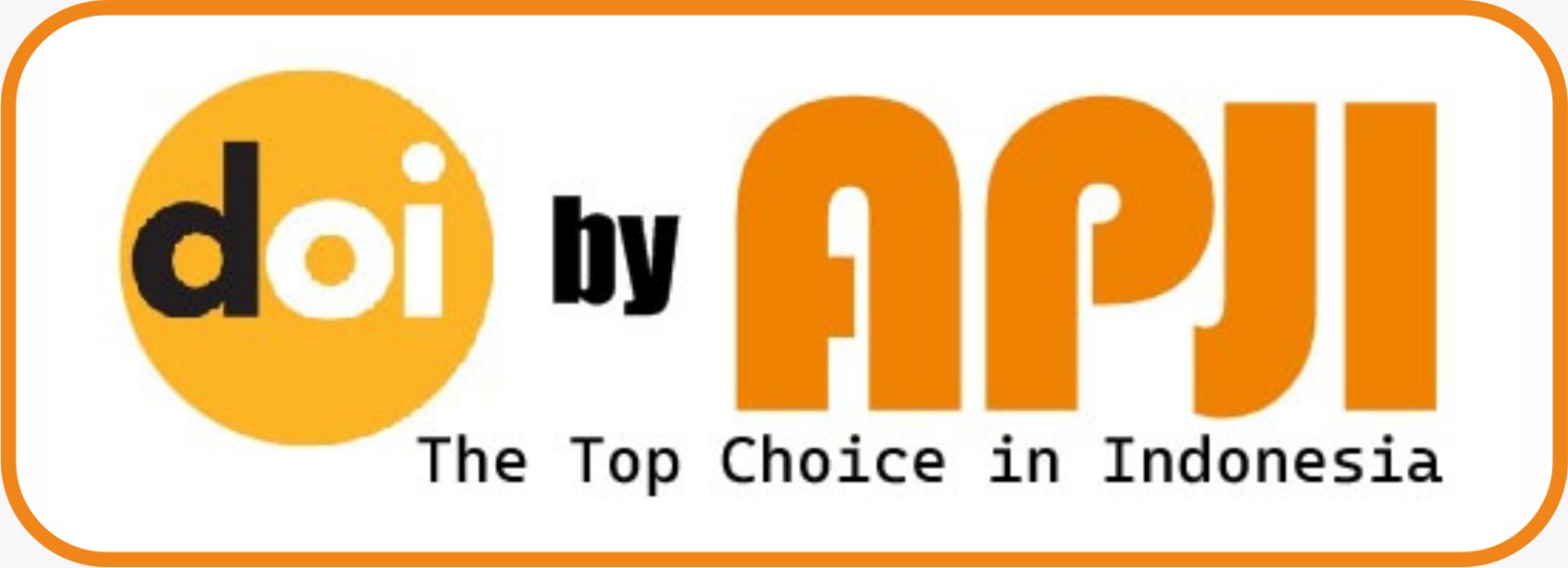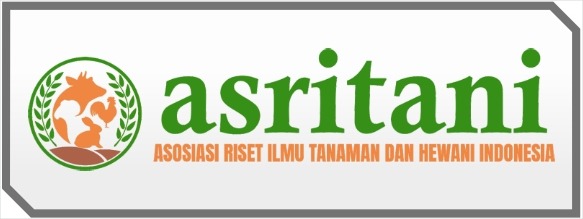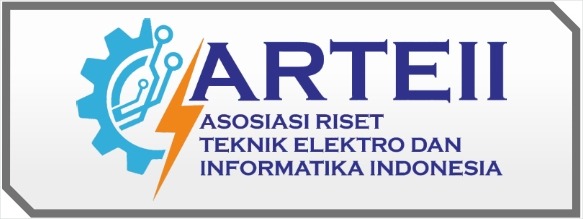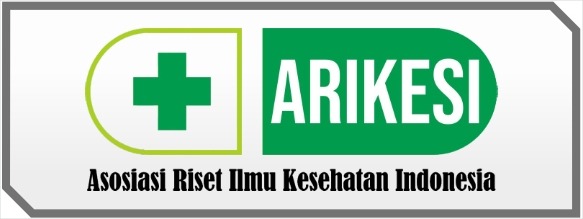Publication Ethics
Publication Ethics
The AJER is committed to maintaining the highest standards of ethics in publishing. Our publication ethics statement is based on the guidelines and standards developed by the Committee on Publication Ethics (COPE). All parties involved in the publishing process, including authors, reviewers, editors, and the publisher, are expected to adhere to these ethical guidelines.
For Authors
-
Originality and Plagiarism:
- Authors must ensure that their work is original and has not been published elsewhere.
- Proper acknowledgment of the work of others must be given. Plagiarism in any form is unacceptable.
-
Authorship:
- Only individuals who have significantly contributed to the research should be listed as authors.
- All co-authors must approve the final version of the paper and agree to its submission.
-
Data Access and Retention:
- Authors should provide raw data related to their manuscript for editorial review and be prepared to retain such data for a reasonable time after publication.
-
Multiple, Redundant, or Concurrent Publication:
- Authors should not submit the same manuscript to more than one journal concurrently.
- Publishing the same research in multiple journals is unethical and unacceptable.
-
Acknowledgment of Sources:
- Proper acknowledgment of the work of others must be given. Authors should cite publications that have influenced their research.
-
Disclosure and Conflicts of Interest:
- Authors must disclose any financial or other conflicts of interest that might influence the results or interpretation of their manuscript.
- All sources of financial support for the project should be disclosed.
-
Reporting Standards:
- Authors of reports of original research should present an accurate account of the work performed and an objective discussion of its significance.
- Underlying data should be represented accurately in the paper.
-
Fundamental Errors in Published Works:
- When an author discovers a significant error or inaccuracy in their published work, it is their obligation to promptly notify the journal editor and cooperate with the editor to retract or correct the paper.
For Reviewers
-
Contribution to Editorial Decisions:
- Peer review assists the editor in making editorial decisions and, through editorial communications, may assist the author in improving the paper.
-
Promptness:
- Any selected referee who feels unqualified to review the research reported in a manuscript or knows that its prompt review will be impossible should notify the editor and excuse themselves from the review process.
-
Confidentiality:
- Manuscripts received for review must be treated as confidential documents. They must not be shown to or discussed with others except as authorized by the editor.
-
Standards of Objectivity:
- Reviews should be conducted objectively. Personal criticism of the author is inappropriate. Referees should express their views clearly with supporting arguments.
-
Acknowledgment of Sources:
- Reviewers should identify relevant published work that has not been cited by the authors. Any statement that an observation, derivation, or argument had been previously reported should be accompanied by the relevant citation.
- Reviewers should also call to the editor's attention any substantial similarity or overlap between the manuscript under consideration and any other published paper of which they have personal knowledge.
-
Disclosure and Conflicts of Interest:
- Privileged information or ideas obtained through peer review must be kept confidential and not used for personal advantage.
- Reviewers should not consider manuscripts in which they have conflicts of interest resulting from competitive, collaborative, or other relationships or connections with any of the authors, companies, or institutions connected to the papers.
For Editors
-
Fair Play:
- An editor evaluates manuscripts for their intellectual content without regard to the authors' race, gender, sexual orientation, religious belief, ethnic origin, citizenship, or political philosophy.
-
Confidentiality:
- The editor and any editorial staff must not disclose any information about a submitted manuscript to anyone other than the corresponding author, reviewers, potential reviewers, other editorial advisers, and the publisher, as appropriate.
-
Disclosure and Conflicts of Interest:
- Unpublished materials disclosed in a submitted manuscript must not be used in an editor's own research without the express written consent of the author.
-
Publication Decisions:
- The editor is responsible for deciding which of the articles submitted to the journal should be published. The validation of the work in question and its importance to researchers and readers must always drive such decisions.
- Editors may be guided by the policies of the journal's editorial board and constrained by such legal requirements as shall then be in force regarding libel, copyright infringement, and plagiarism.
- Editors may confer with other editors or reviewers in making this decision.
For the Publisher
-
Editorial Autonomy:
- The publisher does not interfere with the editorial decisions and maintains the autonomy of the editorial process.
-
Integrity and Transparency:
- The publisher is committed to ensuring the integrity and transparency of the publishing process.
- The publisher supports the extensive dissemination and ethical publication of research findings.
By adhering to these ethical guidelines, the AJER aims to promote the integrity and quality of research publications and foster a trustworthy and respectful environment for authors, reviewers, editors, and readers.






















